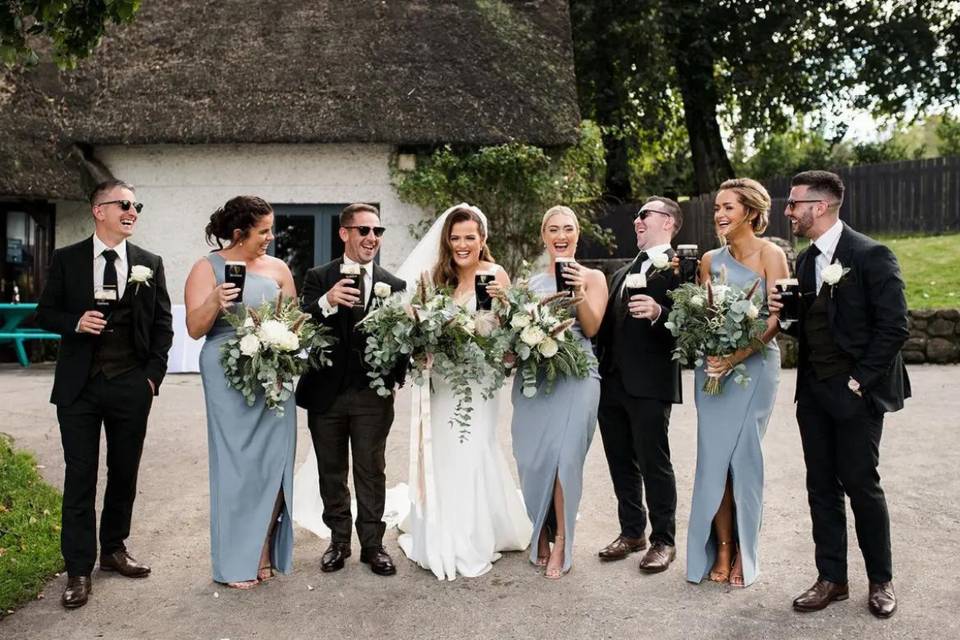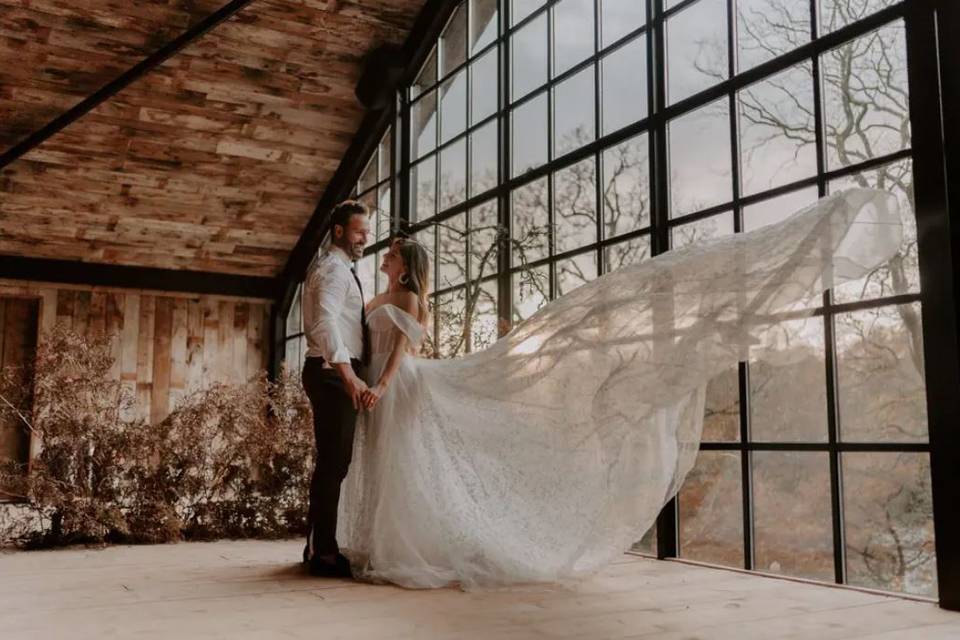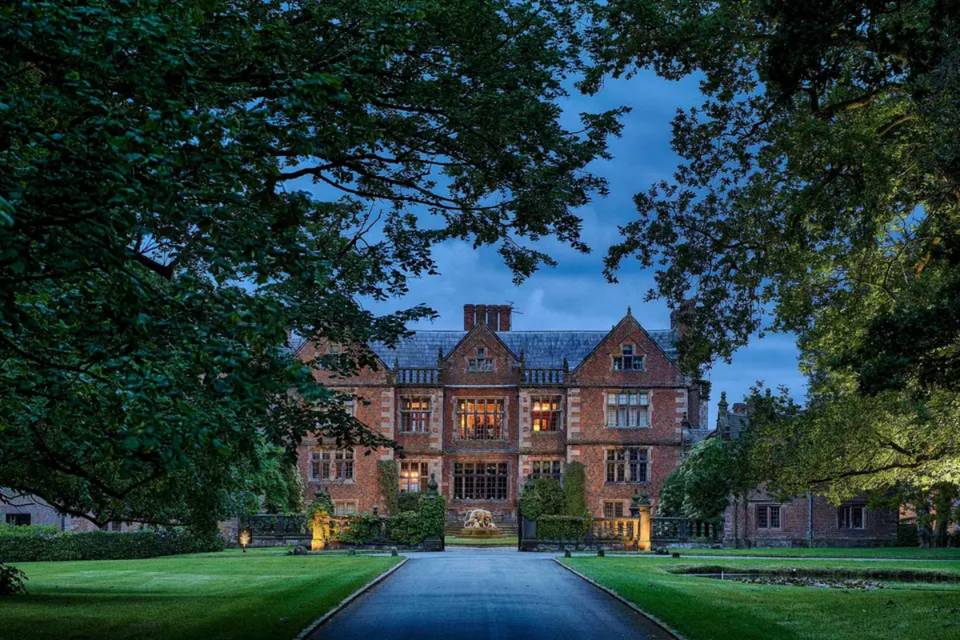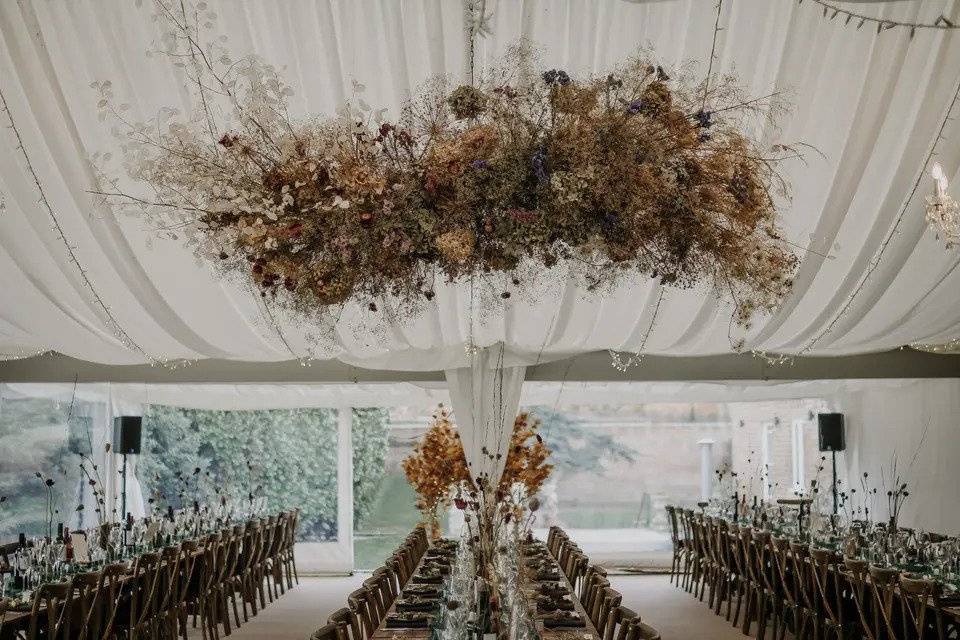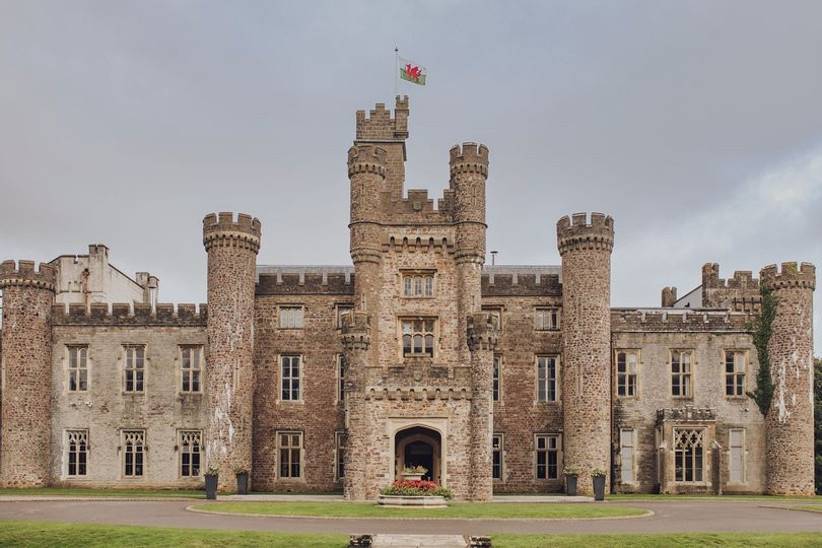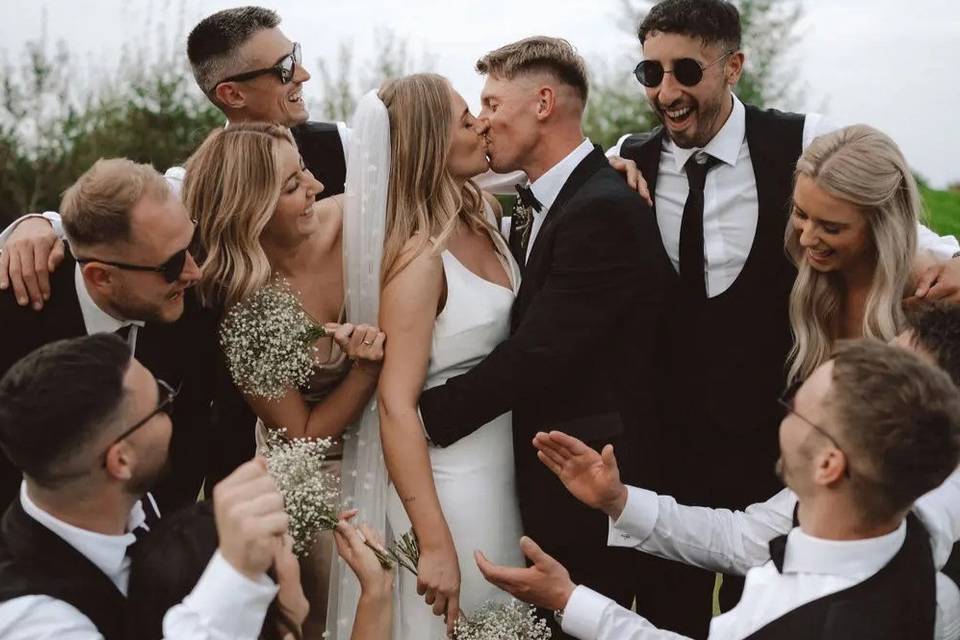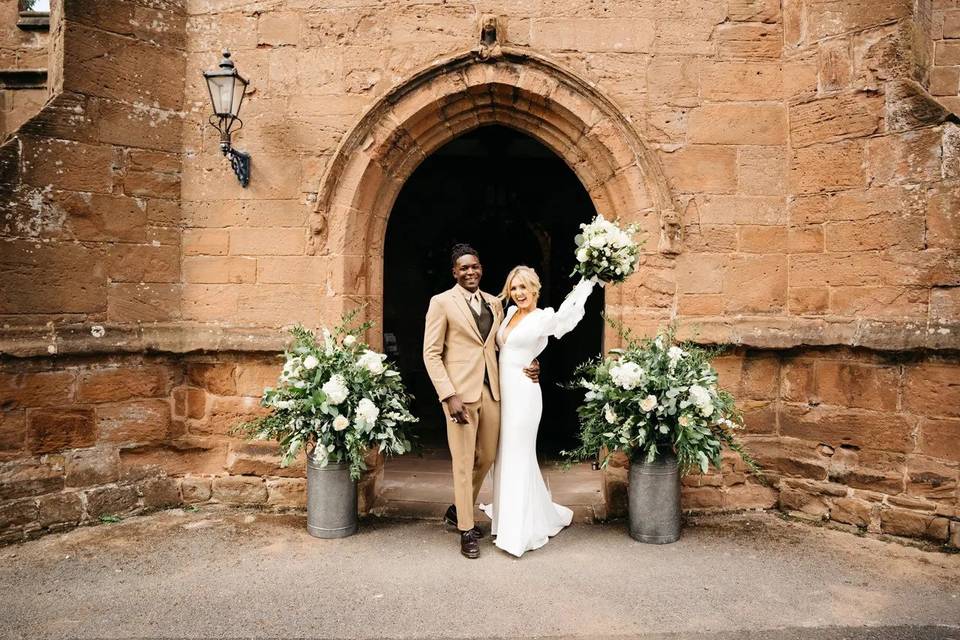Your Guide to Humanist Wedding Vows
Humanist wedding ceremonies, with their beautiful vows, are becoming popular with couples seeking a non-religious yet meaningful celebration of their love and commitment.
We have included third party products to help you navigate and enjoy life’s biggest moments. Purchases made through links on this page may earn us a commission.
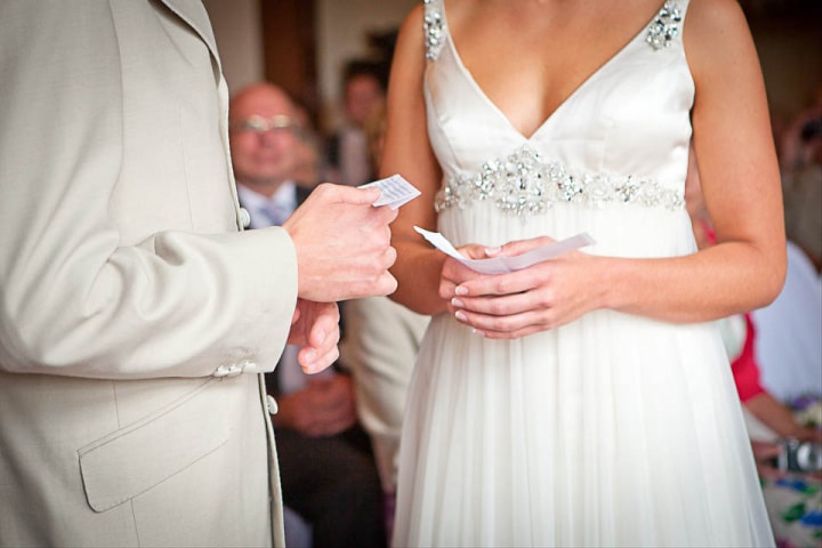

If your wedding ideas include a non-religious yet meaningful ceremony complete with personal wedding vows, a humanist celebration might be the perfect fit. Humanist wedding ceremonies are becoming a popular choice for couples who, for whatever reason, don't want a religious ceremony. As with civil ceremonies, you can adapt the wedding vows and other elements to your liking, but you will work with a humanist celebrant to create a deeply personal ceremony. You have more flexibility in terms of where you'd like to hold it, whether that's outdoors — in a forest or on the beach, let's say — or at an indoor venue that isn't licensed for civil ceremonies.
Humanist ceremonies in England, Wales, and Northern Ireland are not yet legally binding (you'll have to have a quick register office wedding as well), which makes them ideal for renewing wedding vows or holding a symbolic wedding ceremony — for example, if you're having a destination wedding outside of the legal jurisdiction where your marriage must be registered.
Having chosen a non-traditional ceremony, you might allow yourself more freedom when planning the reception as well — changing the wedding speech order, for example, or rejecting certain traditions that don't jibe with your views. As long as it's all in good taste, it's totally up to you.

Some beautiful humanist wedding vows
Traditional wedding vows tend to be religious and sometimes focus on the bride's promise to obey and bear children. Humanist wedding vows focus more on an equal marriage, where two people publicly declare their mutual commitment to one another. They can be very romantic wedding vows, since they are personal, sincere, from the heart, and even humorous if you want them to be. Or you could go for the traditional Christian wedding vows adapted for a humanist wedding, as shown below in the first example. Once you've found your celebrant, you'll meet with him/her to talk about your ceremony, share all your ideas, and discuss your wedding vows.
Writing your own vows is certainly an option, but if you haven't been able to find the right words, you might prefer to use existing vows instead. Below are some humanist wedding vows; of course, you can edit them and lengthen or shorten them as you wish.
- I, (name), take you, (name), to be my lawfully wedded (wife/husband), to have and to hold from this day forward, for better and for worse, for richer, for poorer, in sickness and in health, to love and to cherish, keeping myself only unto you until we are parted by death.
- I give to you everything I am and everything I will ever be. I value our friendship beyond measure. I promise to share your dreams and help you achieve your goals. I will never stand behind you or in front of you but always beside you. I will listen to you with an open heart and an open mind pledging my honesty, compassion, fidelity and forgiveness. I promise to love you no matter what tomorrow brings. I will always be your most loyal friend and your loving husband/wife because you are my heart and my soul now and forever.
- Today I marry my best friend, the one I will live with, dream with, and love. I, (name), take you to be my husband/wife/partner. From this day forward I will cherish you, looking with joy down the path of our tomorrows knowing we will walk it together side by side, hand in hand and heart to heart.

Your wedding vows will be the most significant bit of public speaking you do on your wedding day, but maybe not the last. Next you have the wedding speeches to consider. In the spirit of equality embodied in your humanist ceremony, will there be a bride speech as well as a groom speech? Or maybe no speeches at all? Again, it's entirely up to you!

